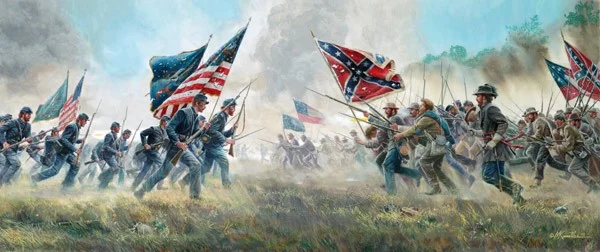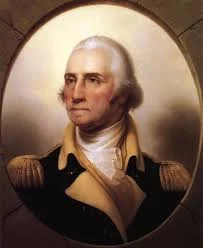William T. Sherman: First Modern General, Part I
The British historian B.H. Liddell Hart once described one of the foremost generals in America’s civil conflict as “the first modern general” in world history. This general has been long depicted in the North as a hero and in the South as a monster. This article on General Sherman will allow a more non-bias view on the man, highlighting the benefits and cons of his respective personality.
Tecumseh Sherman was born to Justice Charles Robert and Mary Hoyt Sherman in 1820. For Sherman’s first nine years of life, his father was given a seat on the Ohio Supreme Court. However, Charles Sherman died in 1829, leaving his wife to give her son to the Ewing family household. The Ewings, a devoted Catholic family, despised his Indian name and instead gave him the name William as his Catholic baptism, the name that Sherman went by for the rest of his life.
At age sixteen, Sherman, with the assistance of his foster father, Senator Ewing, was able to secure a position at West Point. The young student was often at the top of his class in academics; however, he lacked the neatness of most other cadets, which made him unable to secure a class office. Despite of this setback, Sherman graduated sixth in his Class of 1840, placed two ranks behind his previous rank of fourth because of his 150 demerits “per annum”. His first field of action was Florida’s Seminole War and was later stationed to Fort Morgan, Alabama (1842) and Fort Moultrie, South Carolina (1842-1846). In the Mexican-American War, he was stationed in Northern California as a a Captain. He saw no war; however, this seclusion gave him time to think of love. Sherman and his foster sister, Ellen Ewing, wed in 1850, a union which bore eight children.
In 1853, Sherman resigned his officer commission and instead became a San Francisco banker, which he failed at severely. Four years later, he and his family moved to Kansas, and later Louisiana, where he became President of the “Louisiana State Seminary of Learning and Military Academy”, later known as Louisiana State University (LSU).
The day came when, in January of 1861, Louisiana left the Union.






